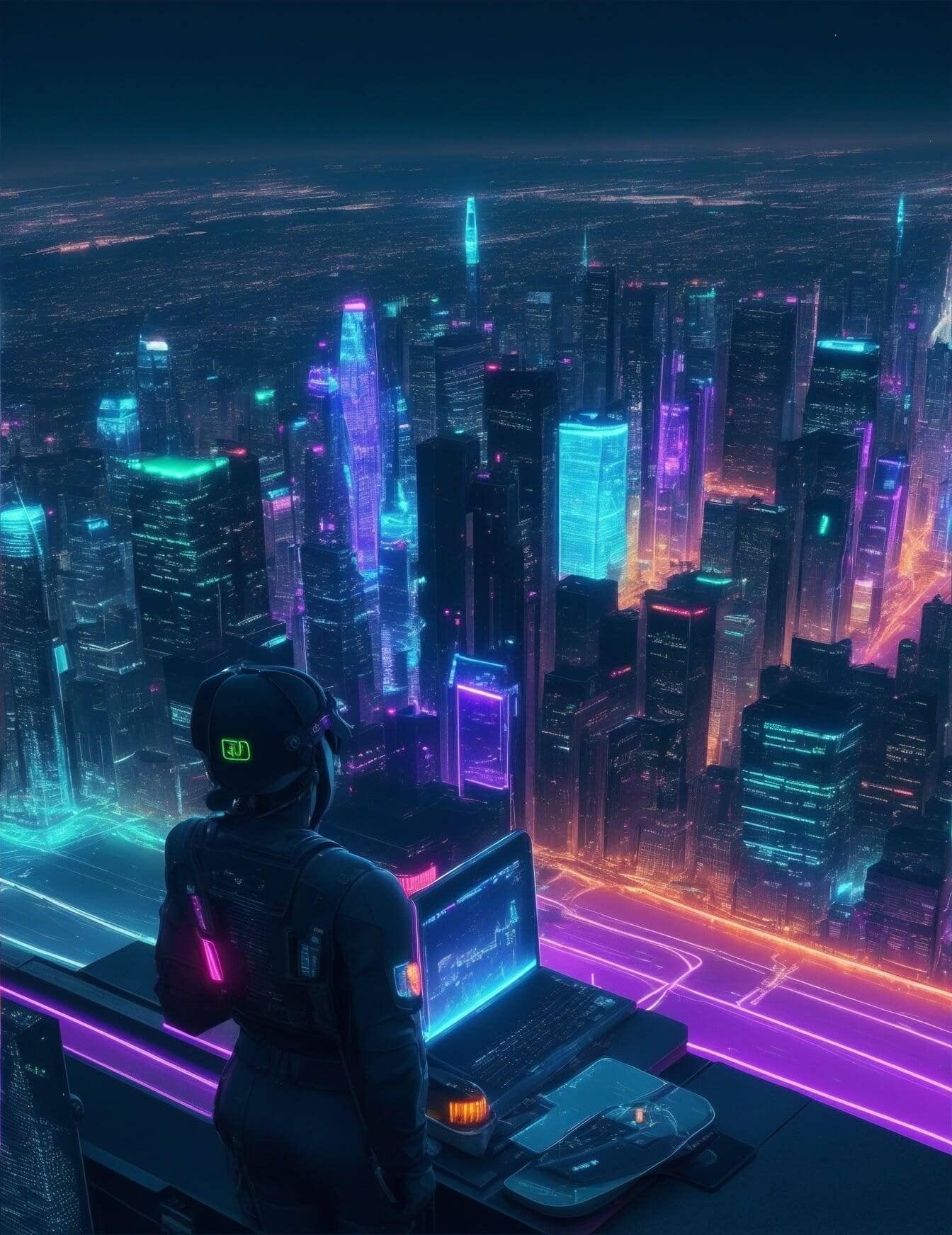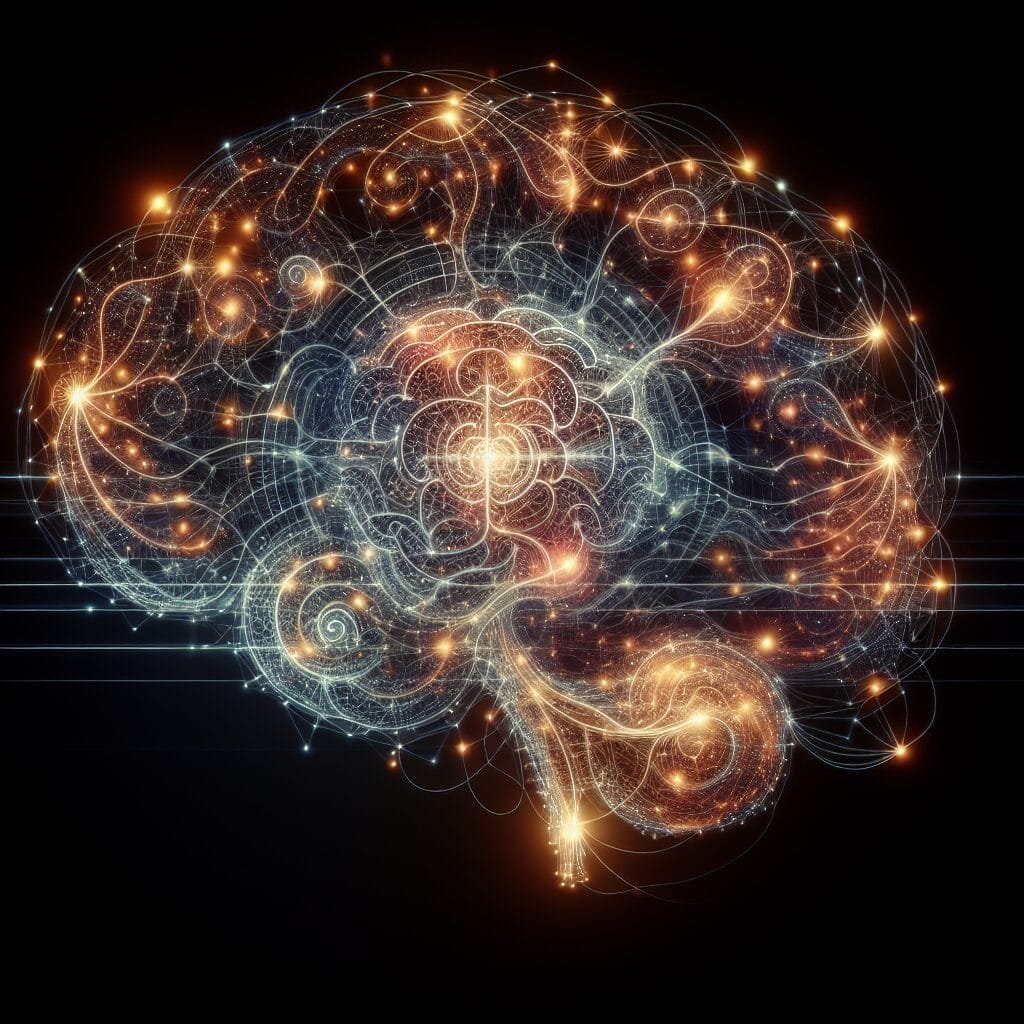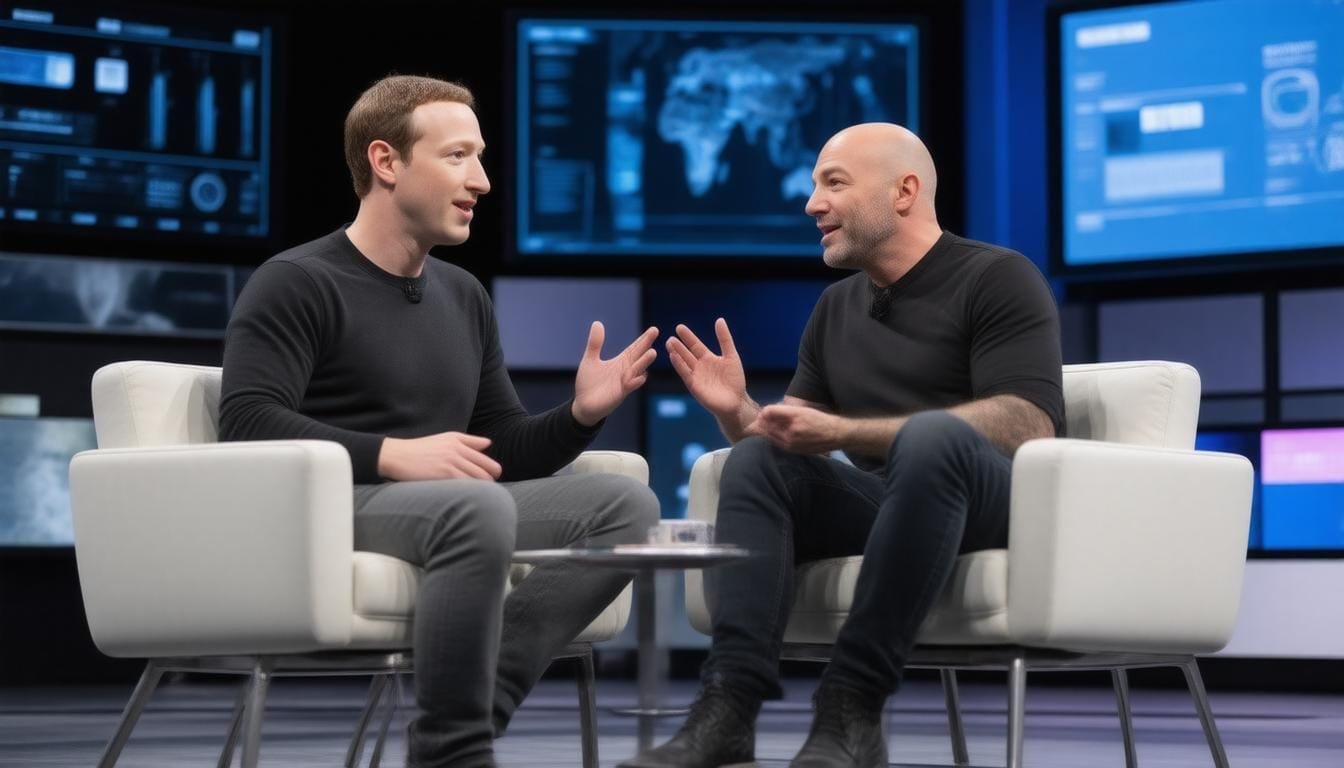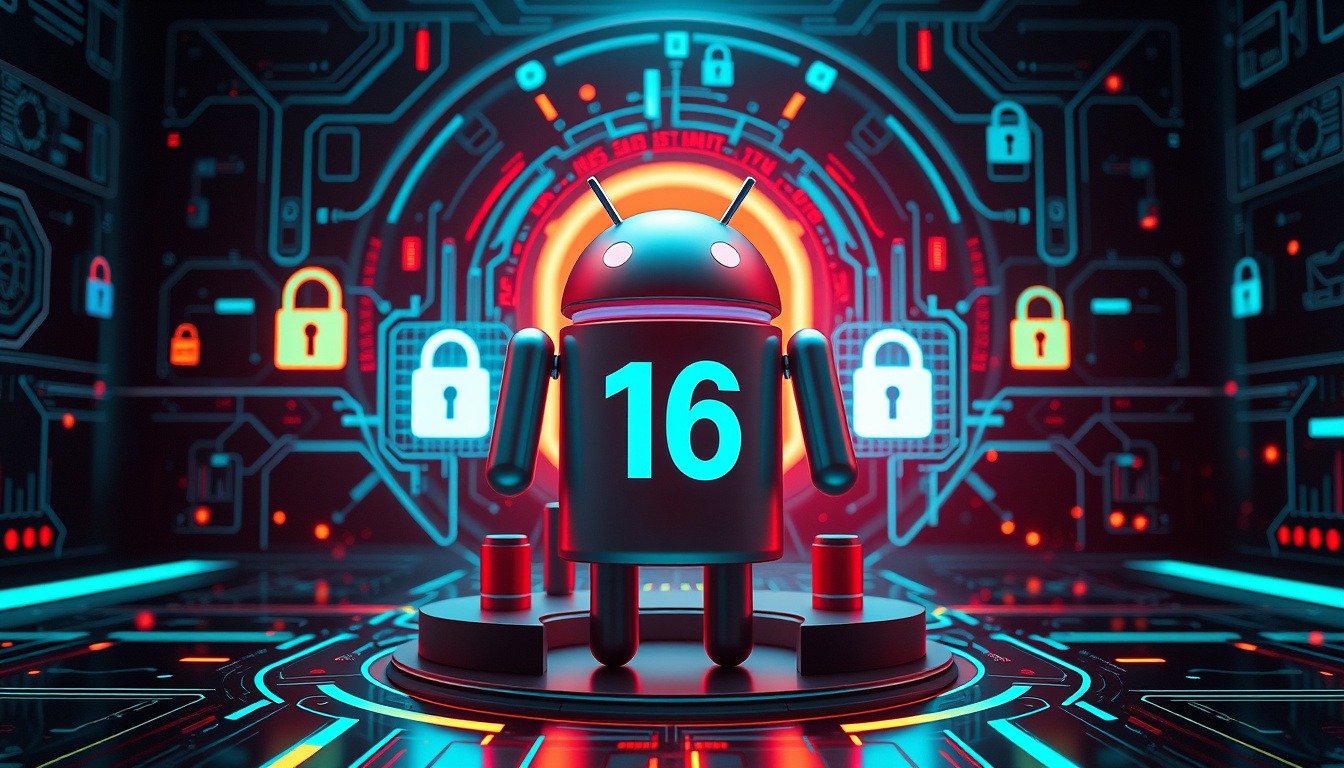Watermarking AI Content: A New Era of Digital Transparency?
Ever get that feeling you’re talking to a robot? Not a literal, metallic robot, but maybe a chatbot or encountering some AI-generated content online? It’s happening more and more these days. And honestly, sometimes it’s hard to tell the difference between human and machine. Well, a proposed new law aims to change that – by slapping a digital watermark on AI-generated content.
What’s the Deal with this New Bill Anyway?
This isn’t about protecting your favorite band’s new album from piracy (though that’s important too!). This legislation is targeting a specific type of digital creation: content whipped up by artificial intelligence. Think text articles, images, videos – even audio that sounds like your favorite singer (but isn’t!).
The goal? Transparency. The lawmakers behind this bill want to make it crystal clear when you’re consuming content cooked up by an algorithm versus the work of a real, live human. Kind of like those food labels that scream ORGANIC! but for the digital world.
Why Bother Watermarking AI Creations in the First Place?
That’s a fair question! After all, isn’t the internet already a wild mix of cat videos, questionable advice, and the occasional gem of insightful content? Do we really need to know if a robot wrote that blog post about the top 10 ways to make sourdough bread?
Well, imagine this: You’re scrolling through your newsfeed, and you see a shocking video – protests, maybe even violence. It gets you fired up. But what if, later, you discovered that video wasn’t real? What if it was entirely generated by AI? Suddenly, that anger, that outrage, feels manipulated. And that’s just scratching the surface.
Here are a few reasons why this watermarking idea is gaining traction:
1. Fighting the Flood of Fake News and Misinformation
Remember those crazy-realistic deepfake videos that were all over the internet a while back? The ones that made it look like politicians were saying and doing outrageous things? AI is only getting better at creating this kind of hyper-realistic, yet totally fake content.
A clear watermark could help us quickly identify if what we’re seeing is genuine or a digital illusion. It’s like a warning label on a bottle of questionable hot sauce – proceed with caution!
2. Protecting Creativity (and Those Who Create!)
Imagine pouring your heart and soul into writing a song, painting a masterpiece, or crafting a hilarious stand-up routine. Now imagine someone copies it, claims it as their own, and even profits from it. Not cool, right?
That’s a major concern with AI-generated content. Who owns the copyright? How do we protect artists, writers, and musicians from having their work ripped off by a bot? Watermarking could help establish clear ownership and prevent AI from becoming a tool for plagiarism.
3. Preserving Our Ability to Trust…Well, Anything!
Think about it: if we can’t trust what we see, read, or hear online, what happens? It erodes our trust in everything – news sources, social media, even our interactions with each other. And in a world where trust is already in short supply, that’s a recipe for chaos.
Watermarking AI content is like putting a referee on the playing field of the internet – helping to ensure fair play, transparency, and a level of accountability in the digital age.
So, How Would this Watermarking AI Thing Even Work?
Great question! The technical nitty-gritty is still being debated, but here’s the general idea:
- For Text Content: Imagine subtle linguistic markers embedded within the writing itself. These wouldn’t be obvious to the average reader, but they’d act like a digital fingerprint, instantly identifiable by software.
- For Images: Think invisible watermarks woven into the pixels of the image. These wouldn’t be visible to the human eye, but AI detection tools could spot them right away.
- For Audio and Video: Similar techniques could embed inaudible watermarks within the sound or video files – again, undetectable to us but easily recognized by software.
The goal is to create a system that’s robust, reliable, and difficult (if not impossible) to tamper with.
But Wait, There Are Always Two Sides to a Story!
Like any proposed law, this watermarking bill has sparked some fiery debates. Critics argue:
1. What About Freedom of Expression?
Some worry that mandatory watermarking could stifle creativity and be used to censor certain types of content. Imagine a future where dissenting voices or controversial artwork are automatically flagged simply because they were created using AI. It’s a valid concern.
2. Can’t We Just Teach People to Spot Fake Content?
Media literacy is undoubtedly crucial in the digital age. Shouldn’t we focus on educating people to critically evaluate what they encounter online rather than relying solely on technological solutions? It’s a good point – technology alone can’t solve all our problems.
3. Won’t People Find Workarounds?
Let’s face it; where there’s a will (and enough tech savvy), there’s usually a way. Will determined individuals or organizations find ways to circumvent these watermarks, rendering them ineffective? It’s definitely a possibility.
Read about Artificial Intelligence and Government Regulation in 2024
So, What’s the Verdict? Are We All Getting Digital Watermarks?
It’s still early days. The proposed legislation has a long way to go before it becomes law. There will be debates, amendments, and probably a whole lot of lobbying.
But one thing’s for sure: this bill has ignited a crucial conversation about the future of AI, the importance of transparency, and our shared responsibility in navigating the increasingly complex digital landscape. It’s a topic that’s not going away anytime soon.
Watermarking AI: What Can You Do Right Now?
While the lawmakers hash it out, there are things you can do to be a more informed and discerning digital citizen:
- Be Skeptical: Don’t believe everything you see or read online, especially if it seems sensationalized or too good to be true.
- Check Your Sources: Pay attention to where information is coming from. Is it a reputable news outlet, a verified social media account, or a website you’ve never heard of?
- Think Before You Share: Don’t contribute to the spread of misinformation. Pause before you hit that share button and ask yourself, Is this accurate? Is it from a reliable source?
The digital world is constantly evolving, and we all have a role to play in making it a more transparent, trustworthy, and ultimately safer place for everyone. So, the next time you’re online, take a moment to think about the content you’re consuming. Is it real? Is it AI-generated? And does it really matter? The answer might surprise you.



















